
eBioMedicine – The Lancet Discovery Science
@ebiomedicine
Leading biomedical #openaccess journal, bridging the gap between basic and clinical research. Part of @TheLancet Discovery Science. IF=9.7 #Lancet200
ID: 2550149892
https://www.thelancet.com/journals/ebiom/home 06-06-2014 14:26:35
4,4K Tweet
10,10K Followers
2,2K Following



Our new paper with Tom Russo’s lab is out in eBioMedicine – The Lancet Discovery Science We took out individual genes, combinations, or the whole virulence plasmid to measure their relative contribution in K. pneumoniae hypervirulence #hvkp Klebsiella Club sciencedirect.com/science/articl…
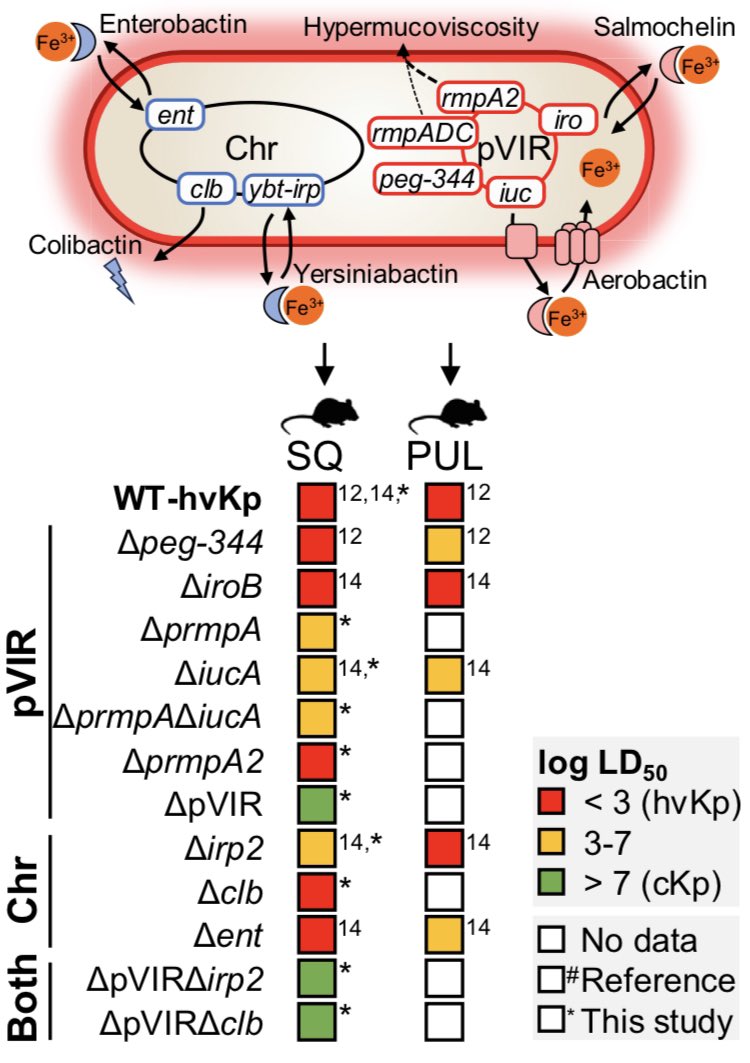

Paper Alert! Our new work shows collagen IV variants act by collagen IV deficiency, hypertrophic remodeling and endothelium-dependent hyperpolarization in small vessel disease, a major cause of #stroke & #dementia eBioMedicine – The Lancet Discovery Science The Lancet UofG SCMH thelancet.com/journals/ebiom… a 🧵

In a recent eBioMedicine – The Lancet Discovery Science release, Dr. Esther Lim & collaborators provide a framework to study treatment response within distinct #melanoma cell states. 📰: bit.ly/47bjHw4


Struggling with poor #sleep😴& #anxiety🎃? Our study in eBioMedicine – The Lancet Discovery Science applied #MachineLearning to explore their complex relationship across 3 datasets Fantastic work by Mahnaz Olfati, thanks Simon Eickhoff & coauthors in FZ Jülich-INM7 thelancet.com/journals/ebiom… Cover image: Golnaz Farzam


🔊 Prof. Torben Hansen from the Novo Nordisk Foundation Centre for Basic Metabolic Research, University of Copenhagen Research, speaks to Dr Gita Thapaliya about the interplay between birth weight and obesity in determining childhood and adolescent cardiometabolic risks 👇 thelancet.com/doi/story/10.1…

Researchers UCL Institute of Ophthalmology have revealed tissue-specific somatic instability underlies a common age-related cause of visual loss. Translationally relevant findings for repeat-expansion mediated diseases #OpticalGenomeMapping #RepeatExpansions Read #openaccess👇 tinyurl.com/e9c6ukjz

Post-Doc Appreciation Week =@rharewood's work in eBioMedicine – The Lancet Discovery Science The largest study of its kind links dysregulated lipid metabolism to #BowelCancer risk ⬆️levels of 2 lipids associated with⬇️#BowelCancer risk showing how diet lifestyle & metabolism may influence #CancerDevelopment
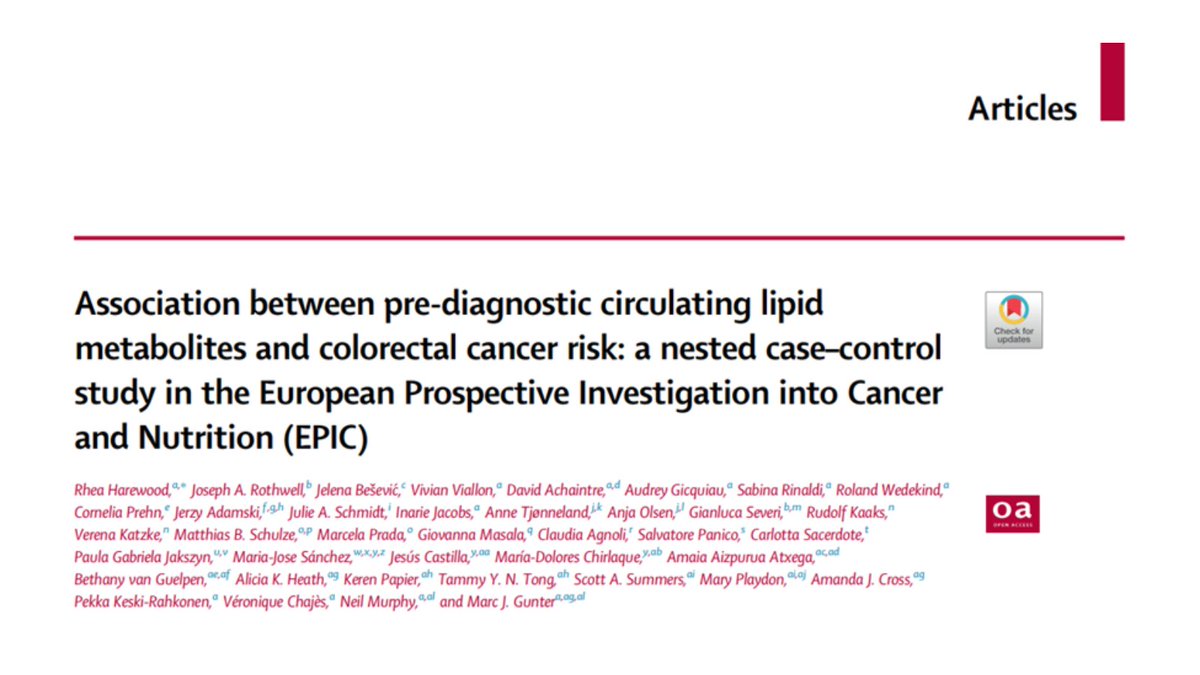
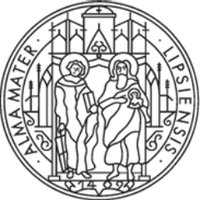
Researchers at #UniLeipzig and Charité - Universitätsmedizin Berlin have developed an approach using #AI to compare the molecular mechanisms of #COVID-19 disease in humans and animals. Their findings have now been published in eBioMedicine – The Lancet Discovery Science: uni-leipzig.de/en/newsdetail/…

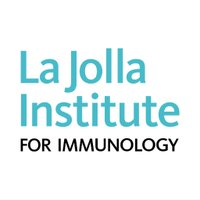
New #COVID19 study shows how a novel mouse model can fuel pandemic preparedness bit.ly/3ZLuEmc eBioMedicine – The Lancet Discovery Science #Viruses #VaccineResearch #Vaccines #SanDiego #InfectiousDisease #Pandemic

💉Grateful for the opportunity to discuss our work published in July in Lancet’s eBioMedicine – The Lancet Discovery Science on this podcast, alongside Qixin He & Giovanna Carpi! Thanks for this opportunity Johns Hopkins Malaria Research Institute🦟. Check out the full episode shorturl.at/uRu4d. #SciComm #malaria #vaccines #research

The eBioMedicine – The Lancet Discovery Science and The Lancet Healthy Longevity Series BioMarkers of Neurogeneration: thelancet.com/series/biomark… Introduction by Series lead Juan Fortea - Context matters: the evolving use of biomarkers in Alzheimer's disease care thelancet.com/journals/ebiom… Podcast: buzzsprout.com/1746618/episod…

New from eBioMedicine – The Lancet Discovery Science - LJI researchers investigate #COVID19 immune responses with new mouse models: "Influence of Th1 versus Th2 immune bias on viral, pathological, and immunological dynamics in SARS-CoV-2 variant-infected human ACE2 knock-in mice" doi.org/10.1016/j.ebio…

Biomarkers of neurodegeneration: the global challenges and benefits are are explored in a new The Lancet Healthy Longevity–eBioMedicine – The Lancet Discovery Science Series ⤵️ hubs.li/Q02ShzW10 These biomarkers have the potential to enhance clinical research and diagnosis, but their use is highly
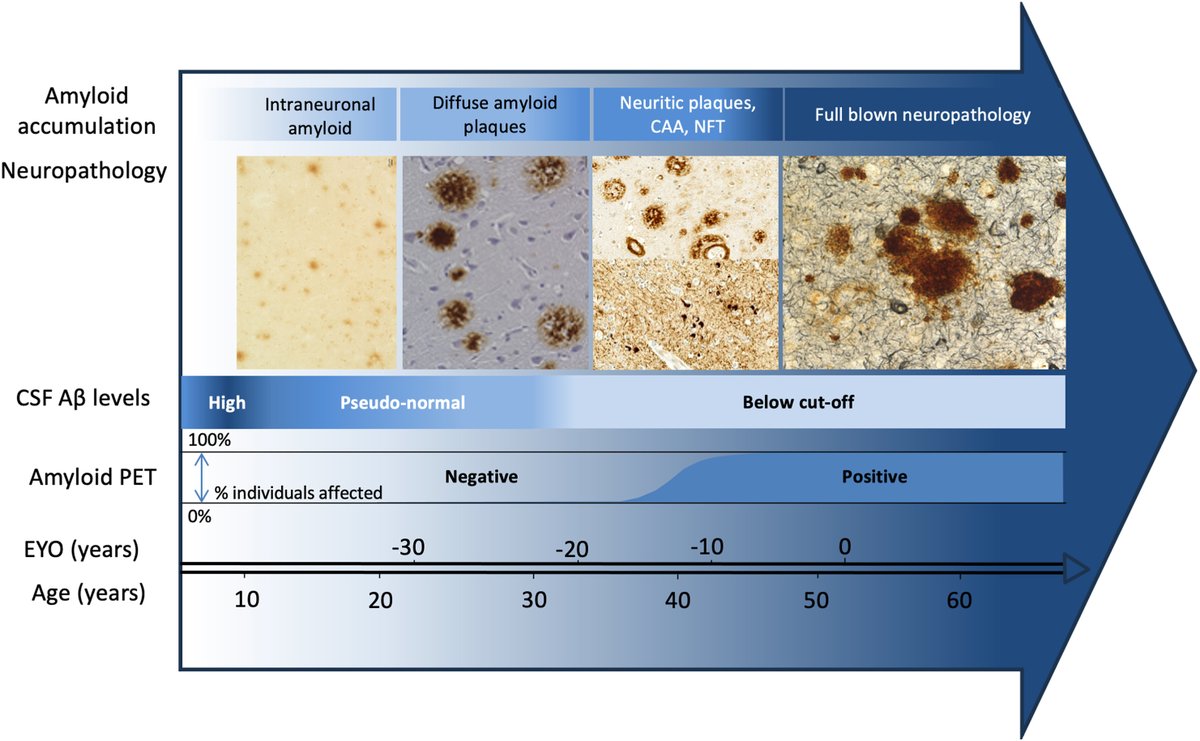

Using disease information from routine clinical radiology reports enables accurate anomaly detection without requiring manual annotations Junya Sato こちら大阪大学放射線診断・IVR科 Read #openaccess now 👇tinyurl.com/4jr5wanw


